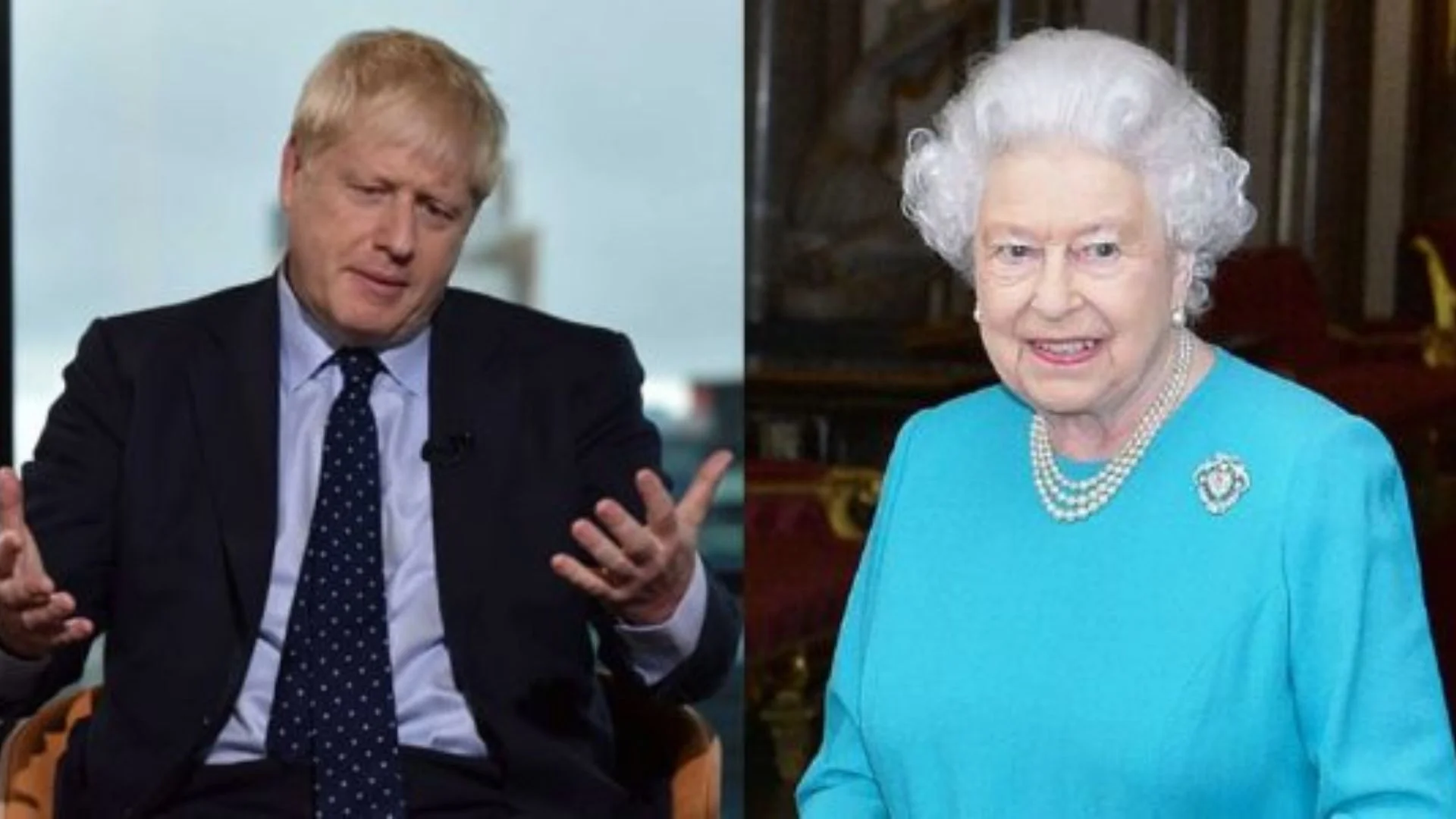Queen Elizabeth II’s Bone Cancer Revelation
In a stunning disclosure, former British Prime Minister Boris Johnson has claimed that Queen Elizabeth II had been suffering from bone cancer for over a year before her death. Johnson says he had known about the Queen’s illness when he resigned as prime minister in September 2022. The Queen, who passed away just two days after his resignation, had “old age” listed as the official cause of death, with no mention of cancer.
Johnson recalls his final meeting with the Queen, describing her as “pale and more stooped,” with dark bruising on her hands, which he attributed to intravenous treatments. Despite her illness, Johnson wrote that her mood remained unaffected, and she continued to flash her signature smile throughout their conversation.
The Queen’s health, traditionally a closely guarded secret, had not been publicly discussed, making Johnson’s comments unprecedented. He revealed that she had known her time was limited but remained determined to carry out her final official duty overseeing the transition of the British government from Johnson to his successor, Liz Truss.
Tensions with Macron and Cameron Over Brexit
Johnson also shares explosive details about his strained relationships with French President Emmanuel Macron and former UK Prime Minister David Cameron, both of whom he claims retaliated against him for his stance on Brexit.
Johnson accused Macron of “weaponising” irregular migration across the English Channel to undermine Brexit. He alleged that Macron was willing to turn a blind eye to human smuggling operations as a way to punish the UK for leaving the European Union (EU), which the French president viewed as a significant blow to his vision of European unity.
The former prime minister also detailed his interactions with David Cameron, revealing that Cameron had attempted to bribe him into changing his pro-Brexit stance. Johnson claimed that Cameron offered him top Cabinet positions in exchange for supporting the Remain campaign. When Johnson refused, Cameron allegedly threatened to “f*** you up for ever.” Johnson’s decision to stick to his pro-Brexit stance, despite these pressures, ultimately positioned him as a key figure in the movement.
The ‘Aquatic Raid’ to Secure COVID-19 Vaccines
In one of the more bizarre anecdotes from the book, Johnson reveals that he once considered an “aquatic raid” on a vaccine warehouse in the Netherlands during the global scramble for COVID-19 vaccines. This plan was devised at the height of a supply dispute between the UK and the EU, which had resulted in vaccine shortages.
Johnson described the plan as “nuts” but admitted that he had discussed the idea with senior military officials in March 2021. The raid would have involved UK forces seizing vaccine supplies from the Netherlands, a NATO ally. However, military officials advised Johnson that such a mission would be impossible to carry out undetected and would cause diplomatic turmoil.
Although the idea was eventually abandoned, Johnson’s willingness to entertain such extreme measures reflects the sense of urgency and desperation felt by many world leaders at the time as they struggled to secure vaccine doses for their populations.
Looking Back and Moving Forward
Boris Johnson’s memoir promises to be a deeply personal account of his time in office, filled with revelations that offer new insights into his relationships with world leaders, his political decisions, and his handling of major global crises. While the book is expected to attract significant attention for its controversial claims, it also serves as a reflection of the tumultuous period in which Johnson served as prime minister.
With extracts already generating headlines, ‘Unleashed’ is set to spark debate not only about Johnson’s legacy but also about the events that shaped the world during his time in office.







